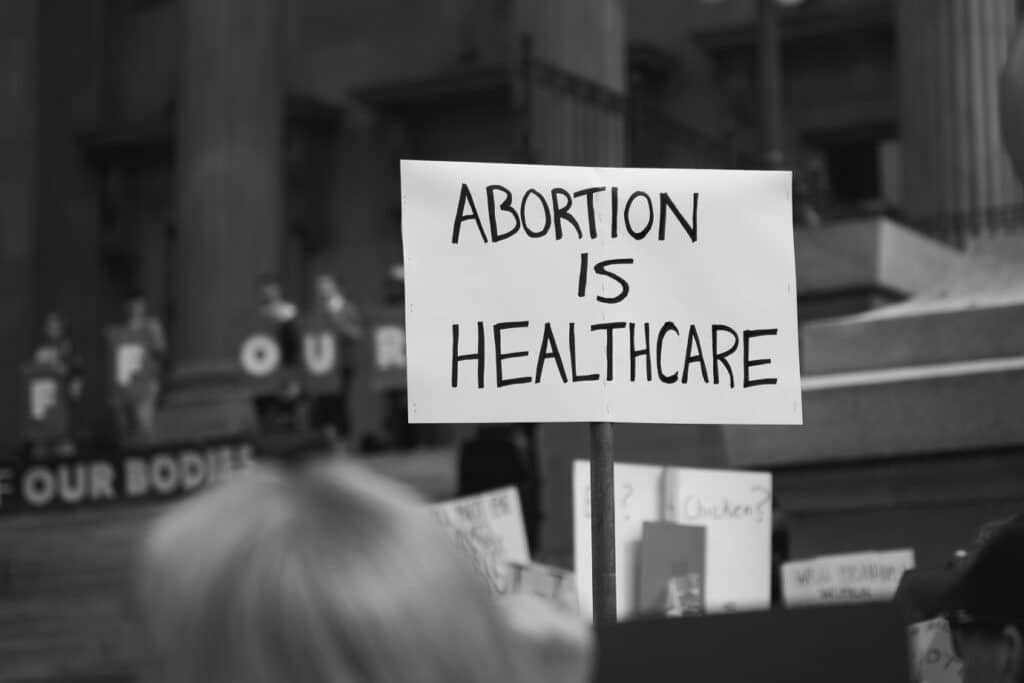A British woman who was jailed for terminating her pregnancy after the legal time limit has won her appeal and will be released from prison.
45-year-old Carla Foster’s case has prompted thousands of protesters, women’s rights groups, politicians and media to call on the British government for abortion law reform.
This week, three judges at the UK’s Court of Appeal reduced the mother-of-three’s 28-month sentence to 14 months and suspended prison term. This means she’ll be released and would only return to jail if she breaks any court requirements.
Foster’s lawyer said she’d been denied communication with her three children since her prison sentence. And one of the court of appeal judges notably said Foster needed “compassion, not punishment”.
Foster was first sentenced last month after admitting to obtaining abortion pills in 2020 to induce a miscarriage at 32 to 34 weeks pregnancy.
Her sentencing was under legislation dating back to the Victorian-era of 1861 under the Offences Against the Person Act. This has sparked outrage from lawmakers and abortion rights campaigners.
Clare Murphy, head of the British Pregnancy Advisory Service (BPAS)– the abortion care facility that provided Foster with the abortion medication– called the 19th century law used to prosecute women the “harshest penalty in the world”.
Abortions in Britain are legal before 24 weeks and must be carried out in clinics after 10 weeks of pregnancy.
The pills that Foster received in the post and ingested during Covid-19 lockdown were meant to be used in the first 10 weeks of pregnancy.
The prosecution said Foster had used her computer to search for things such as “how to hide a pregnancy bump”, “how to have an abortion without going to the doctor” and “how to lose a baby at six months”.
In a statement on the woman’s case, Murphy said: “The Court of Appeal has recognised that this cruel, antiquated law does not reflect the values of society today. Now is the time to reform abortion law so that no more women are unjustly criminalised for taking desperate actions at a desperate time in their lives.”
“We urge Parliament to take action and decriminalise abortion as a matter of urgency so that no more women have to endure the threat of prosecution and imprisonment.”
The UK’s leading charity campaigning for gender equality and women’s rights, Fawcett Society, echoed BPAS’s calls for law reform in Britain, writing on Twitter: “It was never, and is never, in the public interest to prosecute a case like this one. The law that allowed this to happen is so old it predates women’s suffrage– it is in no way fit for purpose in modern-day Britain. It wasn’t written by us, and it doesn’t work for us.”
“This story is not only about this one woman; it’s about a system that is truly broken. We must now turn our attention to the system that allowed this to happen and ensure no woman is ever treated this way again.”


